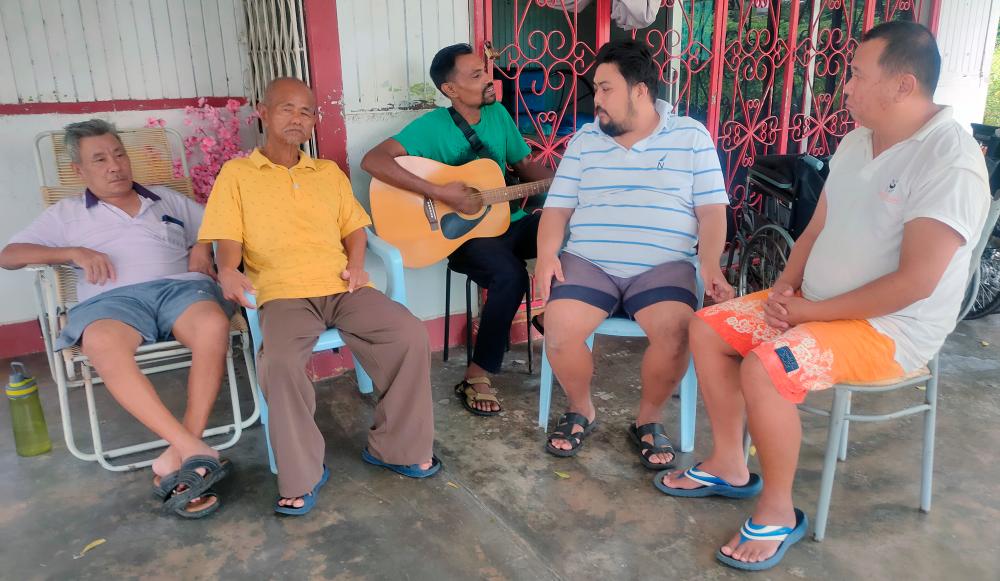PETALING JAYA: With Malaysia expected to become an ageing nation by 2030, the Women, Family and Community Development Ministry is ramping up efforts to meet the needs of a burgeoning elderly population.
To address the challenges posed by this demographic shift, it has allocated substantial funds aimed at enhancing the well-being and quality of life of senior citizens.
The ministry told theSun that it had allocated RM1.43 billion through the Social Welfare Department to assist senior citizens from last year.
It said from 2022 to this year, financial assistance for 140,447 severely impoverished individuals aged 60 and above, amounting to RM1.33 billion, was made.
In addition, RM57.77 million was allocated for Rumah Seri Kenangan, RM15.42 million for Rumah Ehsan, RM15.70 million for Activity Centres for Older Persons, RM2.58 million for NGO grants and RM37.46 million for home help services.
Monash University economics professor Niaz Asadullah underscored the importance of adopting a comprehensive approach.
He said there is a crucial need to address financial assistance and other aspects such as social isolation, emotional well-being and healthcare access for seniors.
“By 2030, Malaysia anticipates that 15% of its population will be aged 60 and above. This necessitates a re-evaluation of social protection allocations and a restructuring of the support system.
“In response to this, the government is gradually modifying budgetary allocations for the elderly and introducing new programmes to prepare for an ageing society.”
Niaz said the adjustments align with a key objective of the Madani framework, which aims to elevate the effectiveness of social protection.
“The introduction of the ‘blue bill for senior citizens’ and the ministry’s outreach plan for broader stakeholder and community involvement have been applauded as positive measures.”
On the increase in financial assistance from RM350 to RM500, Niaz said it is timely, given the escalating cost of living.
He emphasised the importance of need-based allocations and the crucial role of competent social welfare officers at the district level to successfully implement policies and programmes.
Malaysian Coalition on Ageing founding member Cheah Tuck Wing said the government’s significant support is noteworthy but pointed out that there has been a reduction in financial assistance.
Cheah also pointed out the importance of addressing destitution among the elderly.
“This is evident from the increasing number of senior citizens left abandoned on the streets, halfway houses and old folks homes.”
On the need for more widespread communication of policies, Cheah said the public, including potential beneficiaries, may not be fully aware of the numerous allocations.
“The ministry’s proactive measures, financial allocations and the perspectives of experts signify a dedicated effort to ensure a high quality of ageing for senior citizens.”









